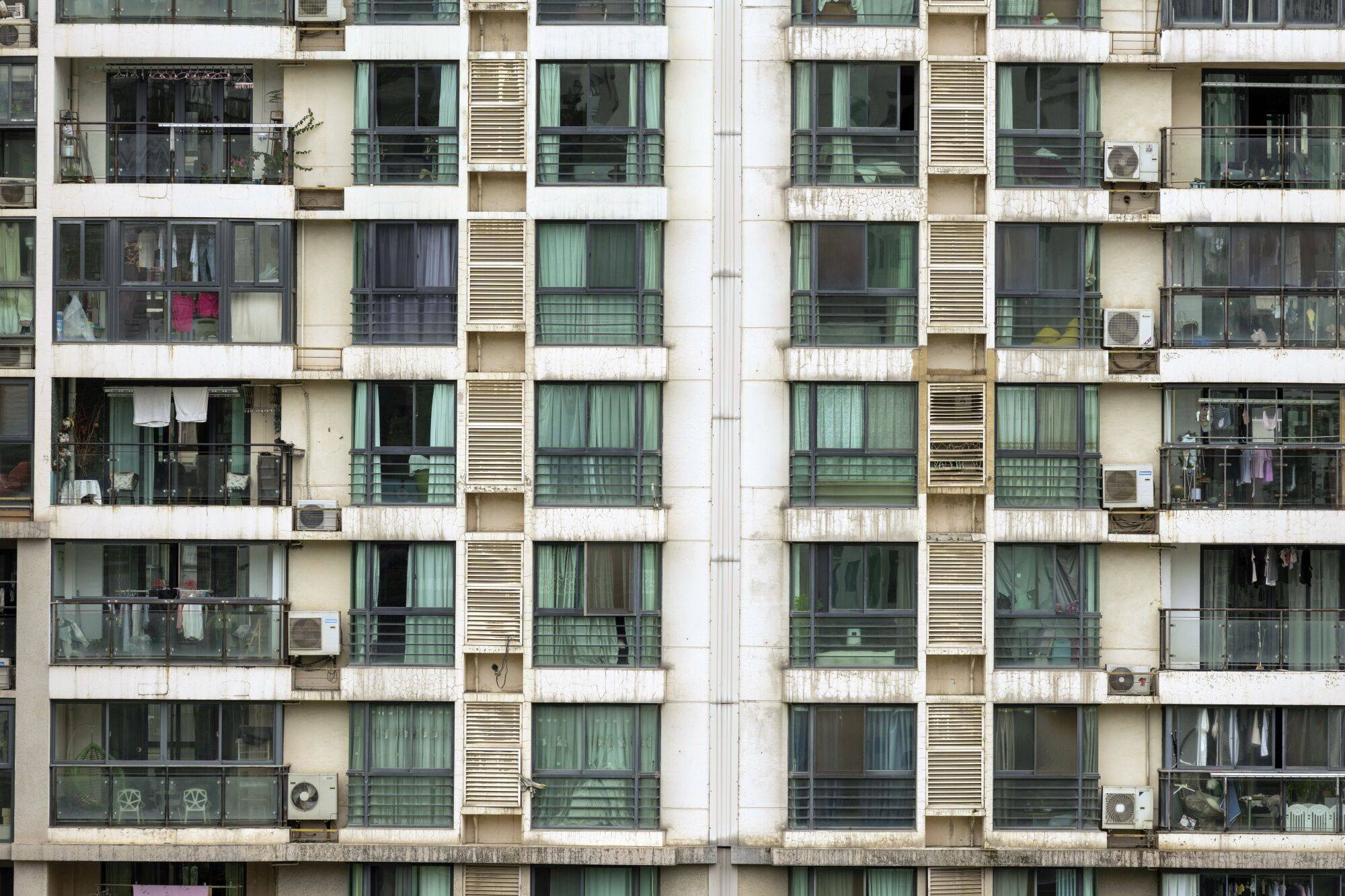US House raises alarm over China’s ‘multi-trillion-dollar time bomb’
[ad_1]
Ratings agencies S&P Global and Moody’s drew fire at a US congressional hearing on Wednesday for failing to reflect the risk of a “multi-trillion-dollar time bomb” that China’s local government financing vehicles pose for global financial markets.
These firms borrow on behalf of provinces and municipalities to finance roads, ports, and other infrastructure projects, using leases on land controlled by the government authorities as collateral, Porter said.
This was a risky proposition, she added, given that China’s property prices have been stuck in a steep decline.

“Once this batch of long-term urban leases … expires, which will start in the next five years, there’ll be a glut and leases won’t be as valuable,” the congresswoman said. “That will cripple the bond market.”
“If the Chinese economy collapses it will reverberate around the world, just like when our housing market, backed by crappy bonds … collapsed, it reverberated around the world.”
And new home sales by the nation’s top 100 developers dropped in May by an annual 33.6 per cent.
“Congress could act to break up the duopoly of S&P and Moody’s and force American investors to do their own due diligence and not outsource their due diligence to rating agents or rating agencies,” Kissel testified.
After congratulating Porter for her “deep dive on what’s happening in the Chinese economy”, Bethel said: “A lot of these bonds are being sold globally and internationally, and so I think we should be aware that there’s a ticking time bomb.”
Pimco, a global investment management firm, estimated last year that Chinese LGFV debt quadrupled to 55 trillion yuan [US$7.6 trillion] in 2022 from 13.5 trillion yuan in 2012.
China’s bleak property data comes despite Beijing’s broad measures meant to address issues in the country’s embattled property sector.
These include the removal of a mortgage-rate floor across the country and setting funds aside for local governments and state-owned firms to digest excess housing inventory.
It cited concerns that homebuyer confidence would remain lacklustre and that demand, especially in lower-tier cities, would not recover sufficiently even with the new market-boosting measures in place.
China’s property sales were expected to drop 15 per cent in the second half of this year, compared to the year-earlier period, a downward adjustment compared to a projected 5 per cent dip at the end of 2023, said Renyuan Zhang of S&P Global (China) Ratings.
[ad_2]
Read Nore:US House raises alarm over China’s ‘multi-trillion-dollar time bomb’

Comments are closed.